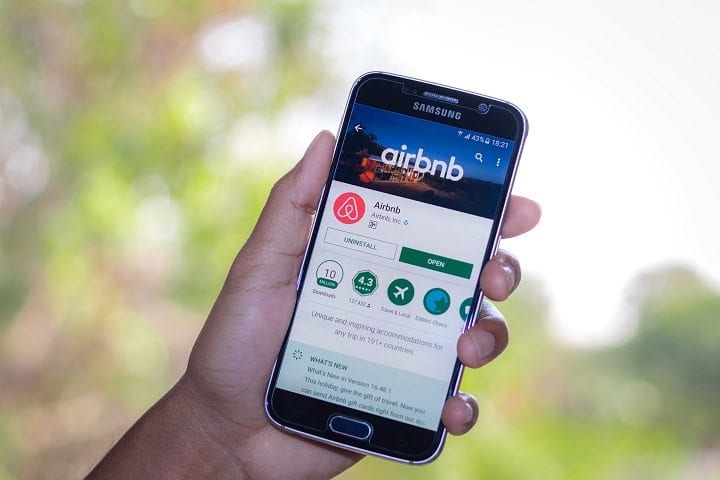Pay Your Way: Tax And The Sharing Economy - 3 October 2017

The desire to pay less for goods and services coupled with the convenience of being able to conduct such transactions online or via apps, has led large numbers of people to use the “sharing economy”.
Demand for greater flexibility in employment and the way we access services and purchase products collectively have contributed further to this boom. Unfortunately, however, none of this removes the need to pay tax!
It is reported that over two-thirds of Australians now earn and spend money via the sharing economy. The tax law applies in the same way to sharing economy ventures as it does to more conventional business activities.
The ATO has recently sharpened its focus on this area, updating its information on the “sharing economy and tax”.
If you are a provider of any of the services detailed below, here is a brief summary on the sharing economy and how tax applies.
Are you part of the sharing economy?
The sharing economy is usually defined by buyers (users) connecting with sellers (providers), but it is much broader than that. It extends to cover many direct access services, offered by way of websites and apps, which include the following:
- renting out all or part of your home (g. Airbnb or Stayz);
- letting out a vehicle-parking space (g. Parkhound and Spacer);
- ‘ride-sourcing’ services in exchange for a fare (eg, Uber, SheSafe, Shebah and GoCatch);
- providing services for delivery (g. Deliveroo, Mad Paws); or
- offering a personal service (such as graphic design or creating websites).
If you earn income in any of these ways, the chances are that you are already part of the sharing economy. Here is a quick summary of the latest updates from a tax perspective and what you should keep in mind, but if you are in any doubt please contact us to find out more.
Register your business
GST or no GST?
The threshold over which you need to pay GST, even within the sharing economy, is still $75,000. If you are uncertain whether you will reach this threshold you can register for GST to be on the safe side. See further details below on the requirement to register for a GST if your business is connected to ride-sourcing.
Are you an enterprise?
Keep a paper trail
You may not end up with an obvious paper trail for your income-earning activities in the sharing economy, but you still need to keep records of what you earn. Being able to account for income and expenses by keeping up-to-date records is vital so that you can declare it in your tax return and claim any relevant deductions.
Claiming deductions
You will be able to claim deductions for expenses you incur while conducting your business as part of the sharing economy. Such deductions must be apportioned according to whether they relate wholly to work purposes or in part to work and partly for personal use.
Renting out part or all of your home
If you plan to rent out a part of or your entire home via a website (such as Airbnb, Stayz or similar) you still need to declare income on your tax return; deductions for expenses incurred apply as well.
How does GST apply?
How about CGT?
If you rent out a room in your home via the sharing economy (such as Airbnb or similar) you may need to pay capital gains tax on a proportion of any gain you make when you sell your home or property. This applies even if the home you rent is your main residence; renting out even just a part of your home can mean that you lose part of your CGT main residence exemption.
Ride-sourcing
Whether you call it ride-sourcing, ride-sharing, ride-hailing, or some other name, if you provide an ongoing service to charge passengers a fare, or make a car or vehicle available for public hire, you need to register for an ABN and pay GST from day one. If your business is classed as a ride-sourcing enterprise you need to declare and pay GST on the full amount of every fare and keep records of income and expenses. You will be able to claim GST credits if you are an enterprise.
Avoid a tax debt
Rather helpfully, the ATO provides tips on how to get ahead to avoid receiving a nasty tax bill. They suggest that if you think you will be close to the threshold to pay tax (over $18,200) you can make a pre-payment of tax; any pre-payment of tax made before any tax is due will stay on your account until such time as you, or your tax adviser, asks for a refund. You can also pay in instalments.
What next?
Disclaimer: The information on this page is for general information purposes only and is not specific to any particular person or situation. There are many factors that may affect your particular circumstances. We advise that you contact Mathews Tax Lawyers before making any decisions.
